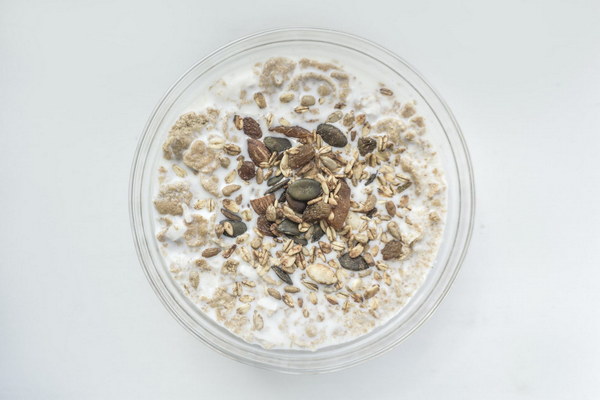Optimal Health Practices for Women on Oral Contraceptives A Comprehensive Guide
Introduction:
Oral contraceptives, also known as birth control pills, have been a popular choice for women seeking to prevent unwanted pregnancies. However, the use of these pills can sometimes affect the body's overall health. This article aims to provide a comprehensive guide on how women who are on oral contraceptives can maintain their health and well-being.

1. Maintain a Balanced Diet:
A well-balanced diet is crucial for women on oral contraceptives. Here are some key points to consider:
- Vitamin D and Calcium: These nutrients are essential for maintaining strong bones. Since oral contraceptives can interfere with the body's ability to absorb calcium, it's important to ensure an adequate intake through diet or supplements.
- Folic Acid: This is particularly important for women who are planning to conceive in the future, as it can help prevent neural tube defects in the developing fetus. Folic acid is naturally found in leafy green vegetables, beans, and fortified cereals.
- Iron: Oral contraceptives can sometimes lead to iron deficiency, which can cause anemia. Incorporate iron-rich foods such as lean meats, poultry, fish, beans, and fortified cereals into your diet.
- Omega-3 Fatty Acids: These healthy fats can help reduce inflammation and support heart health. Omega-3s are found in fatty fish, flaxseeds, chia seeds, and walnuts.
2. Stay Hydrated:
Water is essential for the body to function properly. Ensure you drink enough water throughout the day, especially if you're exercising or living in a hot climate.
3. Regular Exercise:
Regular physical activity is beneficial for overall health and can help manage weight gain that may occur while on oral contraceptives. Aim for at least 150 minutes of moderate aerobic activity or 75 minutes of vigorous aerobic activity each week, along with muscle-strengthening activities on two or more days per week.
4. Avoid Harmful Substances:
- Alcohol: Limit alcohol consumption, as excessive intake can increase the risk of certain health issues.
- Tobacco: Smoking can increase the risk of blood clots and other health complications. If you're a smoker, consider quitting to improve your health.
5. Regular Check-Ups:
Schedule regular appointments with your healthcare provider to monitor your health and discuss any concerns. This includes blood pressure checks, breast exams, and Pap smears, as recommended for your age and health status.
6. Manage Stress:
Stress can have a negative impact on your health. Find healthy ways to manage stress, such as yoga, meditation, or engaging in hobbies you enjoy.
7. Consider Supplements:
In some cases, your healthcare provider may recommend supplements to address specific nutritional deficiencies or health concerns. Always consult with a healthcare professional before starting any new supplement regimen.
Conclusion:
While oral contraceptives are an effective method of birth control, they can also have an impact on your health. By following these tips, women on oral contraceptives can maintain their well-being and enjoy the benefits of these medications. Remember, it's always important to discuss any concerns or questions with your healthcare provider to ensure you're taking the best care of your health.









